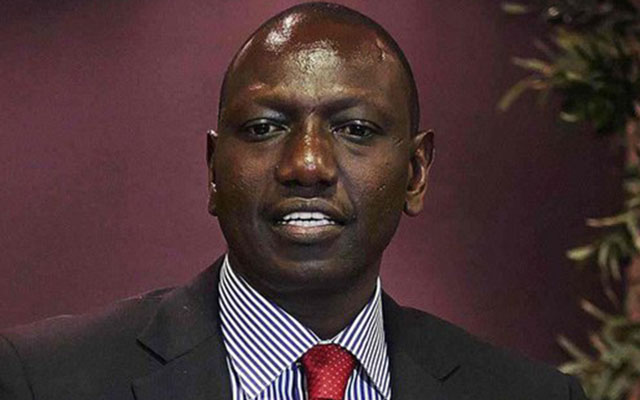‘AfCFTA’s success hinges on youths’

Kudzanai Sharara in CAIRO, Egypt
Africa must leverage on its youths in the implementation of the African Continental Free Trade Area (AfCFTA) as they have the ambition, energy and drive needed for its success, leaders at the Afreximbank annual meeting underway here, have said.
There is strong belief that African youths are poised to set the pace in a single continental market and could become the drivers of Africa’s integration and intra-African trade.
All they need, according to leaders, are policies that give them intellectual property protection, easier cost of doing business as well as improved access to the single African market.
By 2030, the continent’s youth will make up 42 percent of the world’s young people, according to the Population Reference Bureau, a non-profit organisation that specialises in research data.
Recently, Antoinette Sayeh, the IMF deputy managing director, was quoted as saying the big economic opportunity before Africa was the continent’s demographic dividend.
The dividend combines the falling birth rates per million people, but with a young population and a far smaller percentage of older people than in countries where populations stabilised some time ago. The result is a high percentage of the population in the productive age groups with smaller percentages of children and old people.
It is this demographic dividend that African leaders believe could be used as leverage to advance the aspirations of the AfCFTA.
In his opening remarks ahead of a panel discussion on the topic, “The reordering of global supply chains post-Covid-19 and Ukraine Crisis: Opportunities and threats to the AfCFTA”, Afreximbank president and chairman of the board of directors, Dr Benedict Oramah said the AfCFTA’s success would depend on how the continent deploys the energies of youths.
Africa’s challenges could be resolved by leveraging on the visionary and committed leadership, the youth, and digital technology.
“Our leadership has done the courageous work of giving us the AfCFTA. A lot now hinges on our youth,” Dr Oramah said.
Statistics indicate that 85 percent of the continent’s population was under 45, and that 45 percent was aged 15 to 45.
Dr Oramah that kind of asset was perhaps the greatest resource, which is much more valuable than all the oil and mineral resources.
“It is our view that the youth will be the catalytic force to the realisation of the continental agenda. Indeed, the youth have always been the catalyst to economic transformation and at the base of every industrial revolution in advanced economies,” said Dr Oramah.
It was no coincidence that at the height of each industrial revolution, youths constituted the largest proportion of the labour force and population.
Governor of Egypt’s central bank, Mr Tarek Hassan Amer, said young people have the energy and drive to take the AfCFTA forward, as they are “ambitious and willing to take risks”.
He said young people bring hope for the future and must be pushed towards positions of influence.
“As President Mnangagwa has repeatedly said, Mr Amer said solutions to African challenges could only be found within Africa.
He said the ingredients were on the continent and what is only lacking is “coming together and developing trust” amongst Africans. It was imperative to improve intra-African trade and import from each other, rather than outside the continent.
This year’s Afreximbank annual meetings are running under the theme, “Realising the AfCFTA potential in the post-Covid-19 era: Leveraging the power of the youth”.
More than 3 000 high-level banking, governmental, and international personalities are in attendance.
The four-day long meetings will witness the holding of 30 plenary and main sessions.
Today, there will be five sessions, including the official opening session of the annual meetings of the African Export-Import Bank, which revolves around the bank’s role in activating the African Continental Free Trade Agreement and supporting the transformation of African economies through trade. The official opening will be presided over by Egypt ian President Abdel Fattah El-Sisi.









Comments